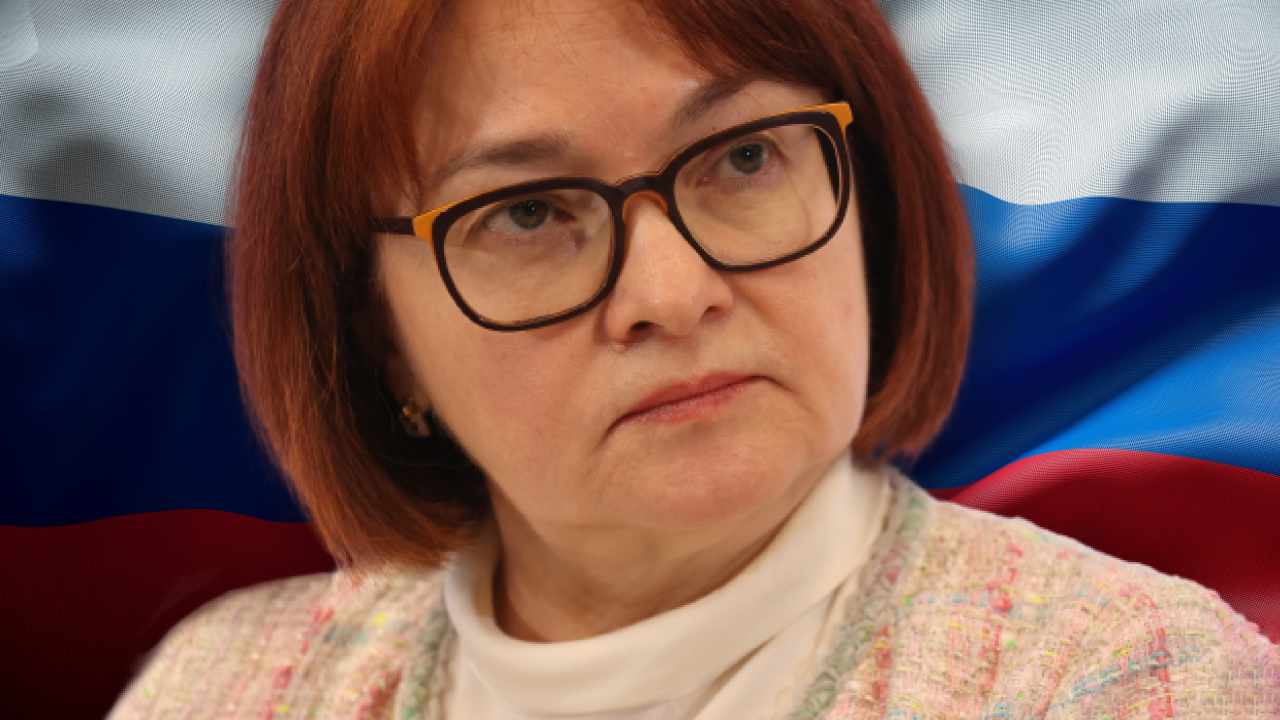
Russia's Central Bank: BRICS Currency Requires Consent of Many Parties, Faces Implementation Challenges
By: TOGRP
July 12, 2023 11:47 PM / 0 Comments In Brief News BRICS Web3 Community Banking and Finance Web3 Business
Russia's central bank has raised concerns about the implementation of a currency backed by the BRICS nations (Brazil, Russia, India, China, and South Africa), emphasizing the need for the consent of multiple parties involved. The creation of a BRICS currency would require extensive coordination and face various implementation challenges. This article explores the central bank's statements, the complexities involved in establishing a BRICS currency, and the potential implications for the global f
Russia's central bank has raised concerns about the implementation of a currency backed by the BRICS nations (Brazil, Russia, India, China, and South Africa), emphasizing the need for the consent of multiple parties involved. The creation of a BRICS currency would require extensive coordination and face various implementation challenges. This article explores the central bank's statements, the complexities involved in establishing a BRICS currency, and the potential implications for the global financial landscape.
Russia's Central Bank and BRICS Currency
Russia's central bank has highlighted the challenges associated with creating a currency for the BRICS nations:
Consent of Multiple Parties
Establishing a BRICS currency would necessitate the agreement and consent of all participating nations. Coordinating the interests and priorities of diverse economies poses significant challenges.
Implementation Challenges
The practical implementation of a new currency involves complex considerations, including regulatory frameworks, monetary policies, and technological infrastructure. Addressing these challenges requires extensive planning and coordination among the BRICS nations.
Complexities of Establishing a BRICS Currency
The creation of a BRICS currency involves various complexities:
Economic Divergence
The BRICS nations exhibit diverse economic characteristics, such as varying levels of development, inflation rates, and monetary policies. Harmonizing these factors to establish a unified currency is a formidable task.
Governance and Decision-Making
Decision-making processes and governance structures must be established to facilitate coordination among the BRICS nations. Consensus on important aspects, including exchange rate mechanisms and monetary policy frameworks, is essential but challenging to achieve.
Monetary and Fiscal Integration
Ensuring monetary and fiscal integration among the BRICS nations requires harmonizing policies, regulations, and institutions. This process involves aligning economic objectives, addressing imbalances, and fostering cooperation in areas such as trade and investment.
Implications for the Global Financial Landscape
The creation of a BRICS currency would have significant implications for the global financial landscape:
Geopolitical Influence
The introduction of a BRICS currency would enhance the economic and geopolitical influence of the member nations. It could provide an alternative to the dominance of existing reserve currencies, potentially reshaping global power dynamics.
Regional Integration and Trade
A BRICS currency could facilitate regional integration and enhance trade among the member nations. It may streamline transactions, reduce currency risks, and foster economic cooperation within the bloc.
Impact on Existing Reserve Currencies
The establishment of a BRICS currency could challenge the dominance of existing reserve currencies, such as the US dollar and the euro. This may lead to increased diversification of global currency reserves and potentially affect the value and role of these currencies.
Conclusion: The Complex Path to a BRICS Currency
The concerns raised by Russia's central bank highlight the complexities and challenges involved in creating a currency for the BRICS nations. While the establishment of a BRICS currency could have far-reaching implications for the global financial landscape, it requires extensive coordination, consensus-building, and addressing economic and governance complexities. As discussions continue, it remains crucial to closely monitor the progress and developments surrounding the potential introduction of a BRICS currency.
